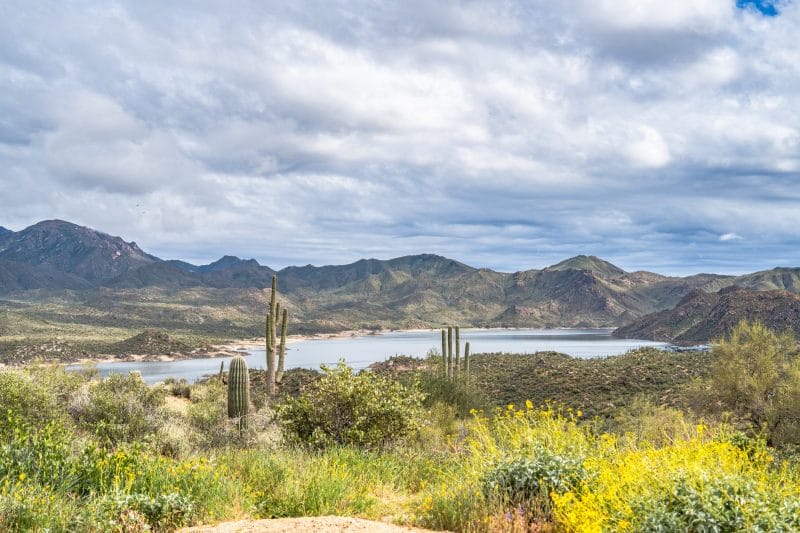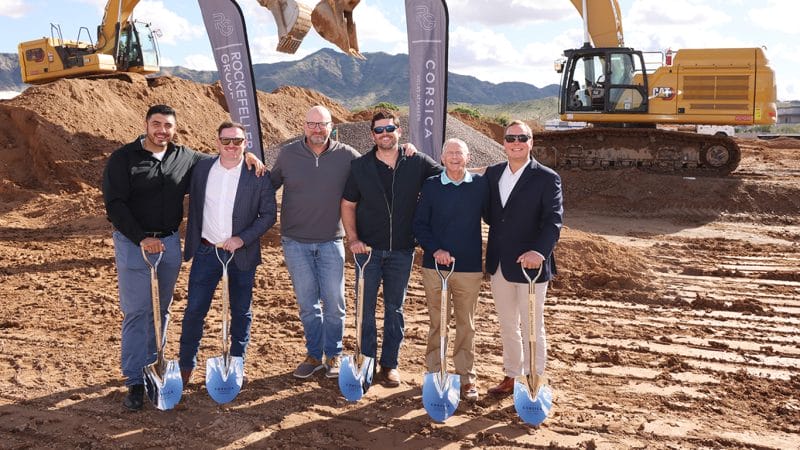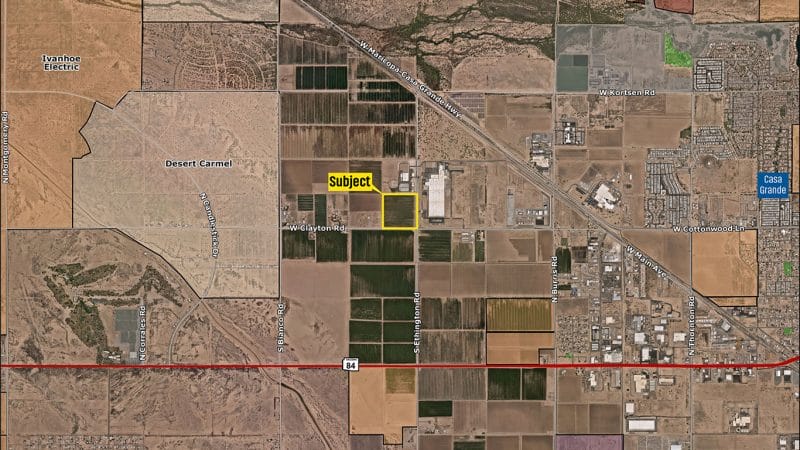
By Matt Soniak | Mental Floss
Alabama
Before Europeans landed on American shores, the upper stretches of the Alabama River in present-day Alabama used to be the home lands of a Native American tribe called – drum roll, please – the Alabama (Albaamaha in their own tribal language). The river and the state both take their names from the tribe, that’s clear enough, but the meaning of the name was another matter. Despite a wealth of recorded encounters with the tribe – Hernando de Soto was the first to make contact with them, followed by other Spanish, French and British explorers and settlers (who referred to the tribe, variously, as the Albama, Alebamon, Alibama, Alibamou, Alibamon, Alabamu, Allibamou, Alibamo and Alibamu) – there are no explanations of the name’s meaning in the accounts of early explorers, so if the Europeans asked, they don’t appear to have gotten an answer. An un-bylined article in the July 27, 1842 edition of the Jacksonville Republican put forth the idea that the word meant “here we rest.” Alexander Beaufort Meek, who served as the Attorney General of Alabama, Assistant Secretary of the U.S. Treasury and the President of the First American Chess Congress, popularized this theory in his writings throughout the next decade.





